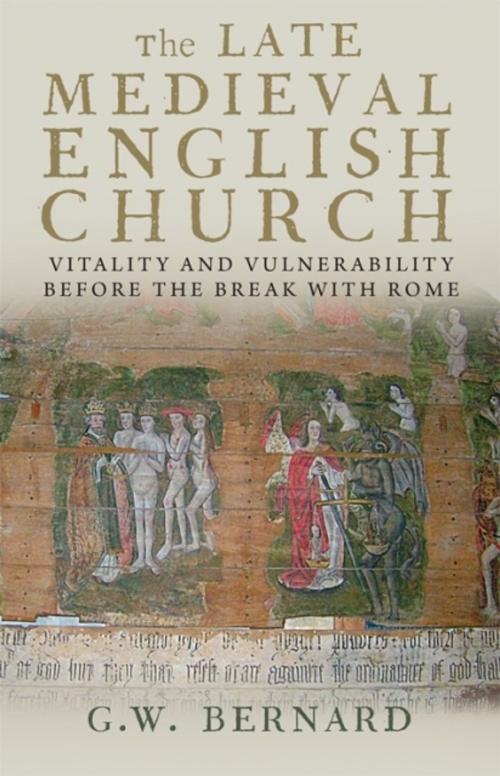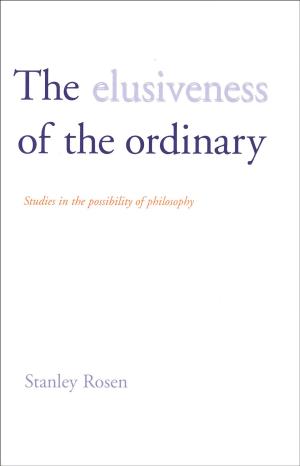The Late Medieval English Church: Vitality and Vulnerability Beford the Break with Rome
Nonfiction, History, Medieval| Author: | G.W. Bernard | ISBN: | 9780300182583 |
| Publisher: | Yale University Press | Publication: | June 26, 2012 |
| Imprint: | Yale University Press | Language: | English |
| Author: | G.W. Bernard |
| ISBN: | 9780300182583 |
| Publisher: | Yale University Press |
| Publication: | June 26, 2012 |
| Imprint: | Yale University Press |
| Language: | English |
The later medieval English church is invariably viewed through the lens of the Reformation that transformed it. But in this bold and provocative book historian George Bernard examines it on its own terms, revealing a church with vibrant faith and great energy, but also with weaknesses which reforming bishops worked to overcome.
Bernard emphasises royal control over the church. He examines the challenges facing bishops and clergy, and assesses the depth of lay knowledge and understanding of the teachings of the church, highlighting the practice of pilgrimage. He reconsiders anti-clerical sentiment and the extent and significance of heresy. He shows that the Reformation was not inevitable: the late medieval church was much too full of vitality. But Bernard also argues that alongside that vitality, and often closely linked to it, were vulnerabilities that made the break with Rome and the dissolution of the monasteries possible. The result is a thought-provoking study of a church and society in transformation.
The later medieval English church is invariably viewed through the lens of the Reformation that transformed it. But in this bold and provocative book historian George Bernard examines it on its own terms, revealing a church with vibrant faith and great energy, but also with weaknesses which reforming bishops worked to overcome.
Bernard emphasises royal control over the church. He examines the challenges facing bishops and clergy, and assesses the depth of lay knowledge and understanding of the teachings of the church, highlighting the practice of pilgrimage. He reconsiders anti-clerical sentiment and the extent and significance of heresy. He shows that the Reformation was not inevitable: the late medieval church was much too full of vitality. But Bernard also argues that alongside that vitality, and often closely linked to it, were vulnerabilities that made the break with Rome and the dissolution of the monasteries possible. The result is a thought-provoking study of a church and society in transformation.















